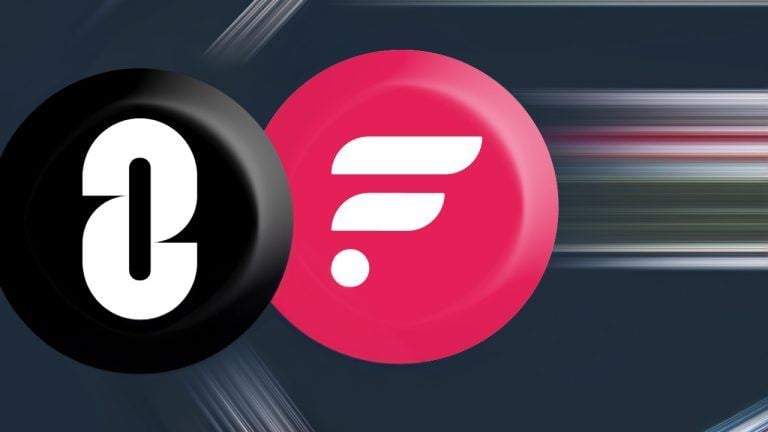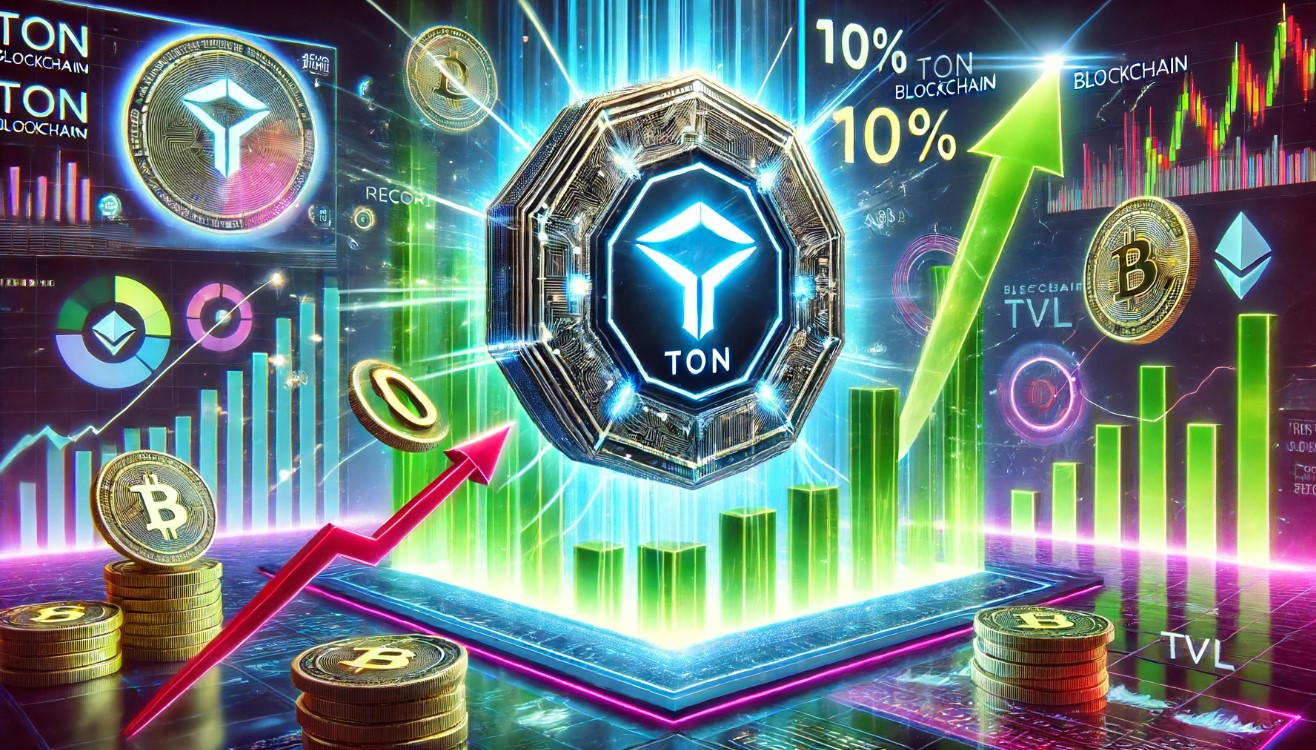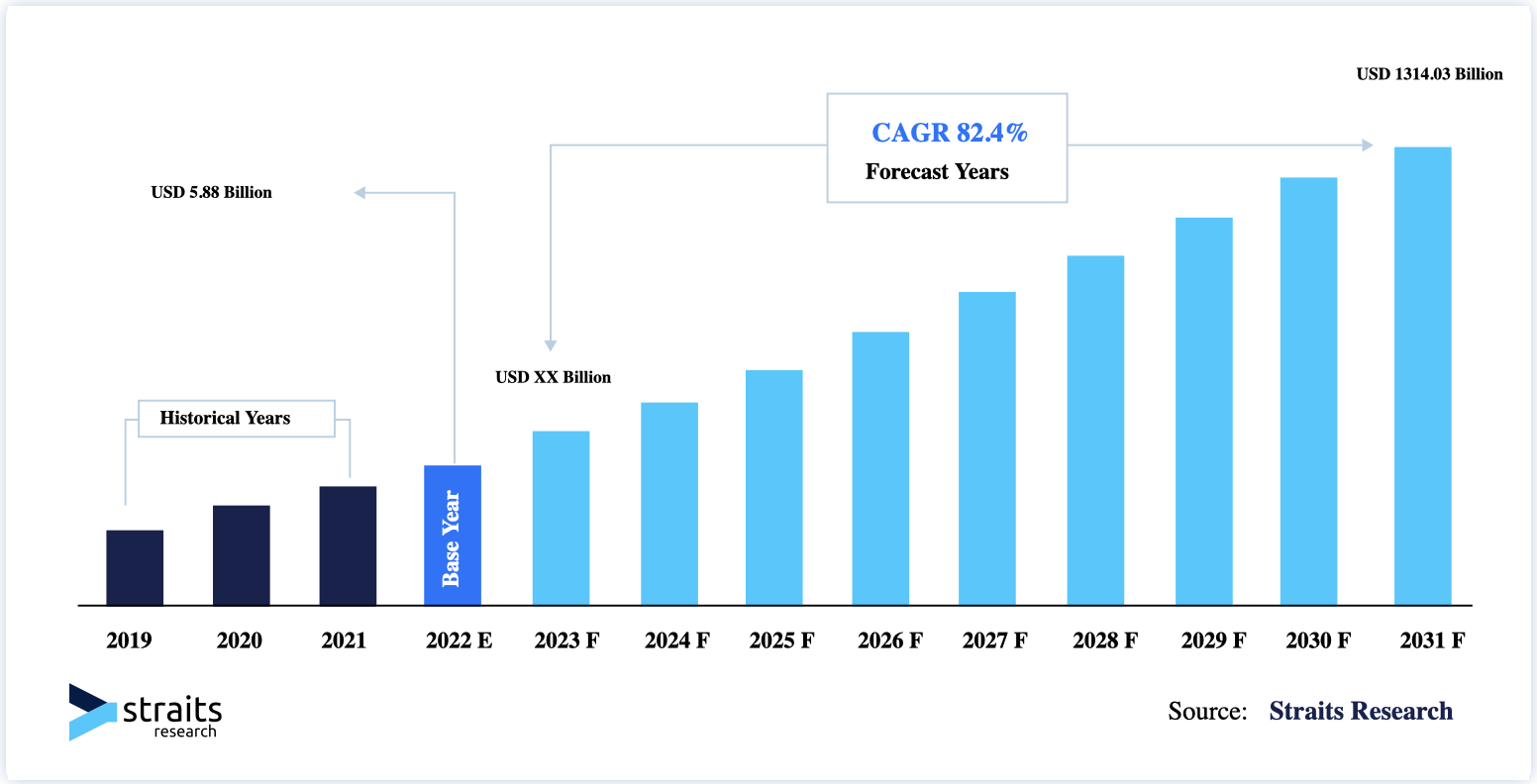Most companies, especially big ones, have little choice other than to play by the rules, however arbitrary they might be. This is one of the reasons cryptocurrency adoption in many countries by consumers has far outpaced that by enterprises. Governments generally do not have the power to prosecute every consumer for every infraction. Exchanging your local currency for crypto or stablecoins may not be legal, but individuals can often fly beneath the radar. Businesses, however, have real-world assets, such as real estate and factories of immense value, that can be…
Tag: Blockchains
Router Launches Mainnet, as More Projects ‘Abstract’ Away Blockchains
In addition to Router Chain, the team is also launching a token-bridging solution “that will offer increased security to Cosmos chains,” and “chains in the Cosmos ecosystem will be able to leverage the security of Ethereum and Bitcoin networks, reducing the inflation required to maintain security and making them more robust.” Source
Layerzero Integrates Flare, Enabling Connectivity to 75 Blockchains
Layerzero has integrated with Flare, a layer one (L1) blockchain, to connect it with 75 other blockchains. This integration aims to broaden the scope of decentralized applications (dapps) and improve data sharing across networks. Flare and Layerzero Partnership Aims to Enhance Dapp Accessibility According to an announcement shared with Cryptox.trade News, this integration represents an […] Source CryptoX Portal
Flare integrates LayerZero V2, connecting to 75 blockchains
The cross-chain messaging platform LayerZero has integrated Flare, connecting the Layer 1 blockchain for data to 75 blockchain networks. As announced on Wednesday, the integration means Flare can now connect to major blockchain networks such as Ethereum and Solana. The milestone also makes Flare accessible to multiple Ethereum Layer 2 (L2) networks, bringing over 50,000 decentralized applications (dApps) to Flare. “This is an incredibly valuable integration for all users and builders on Flare. Deployment of LayerZero V2 will help accelerate Flare’s expansion, paving the way for builders to develop a…
Ironblocks’ ‘Venn’ Network Aims to Keep Malicious Transactions From Ever Hitting Blockchains
Venn is the latest attempt to address crypto’s ever-present crime problem. In any given week, projects big and small lose six-figure sums or more to fraud, theft, economic attacks and other costly capers that drain their customers’ crypto. All these transactions happen on the blockchain, where they’re irreversible; there’s no rewind button to move stolen money back into a victim account. Source
Don't Tell Anyone, but Private Blockchains Handle Over $1.5T of Securities Financing a Month
Permission-based repo ledgers are among the most successful applications of blockchain technology. Source
Pantera Capital Calls Solana the ‘Mac OS of Blockchains,’ Highlights Architecture Benefits and Growing Adoption
Pantera Capital, an institutional asset manager focused on blockchain technology, has called Solana the “Mac OS of blockchains” in its latest blockchain letter. The firm details that the rise of Solana over Ethereum is reminiscent of what Microsoft experienced when Apple entered the market, highlighting Solana’s growing retail adoption and architectural advantages. Pantera Capital States […] Source CryptoX Portal
TON Blockchain’s TVL Skyrockets 100% In Record Time, Analysts Bullish On Next Price Targets
Toncoin, the native cryptocurrency of The Open Network (TON) blockchain, has recently experienced notable price appreciation and rapid growth in its ecosystem. After a period of consolidation between $1 and $2 since 2022, TON’s price has surged to reach a record high of $8.25 on June 15. This achievement is accompanied by a significant increase in the TON blockchain’s Total Value Locked (TVL), doubling from $300 million. TON Blockchain’s TVL Hits $600 Million According to technical analyst Kyle Doops, the TON blockchain’s TVL has experienced an unprecedented surge, reaching $608.65…
Blockchains Are Revolutionizing Public Goods Funding
I started drafting my talk, explaining how money powers incentives and therefore powers how world-changing innovation enters the world. When government funding for research took off in the 1950s, it led to breakthroughs in science, medicine and technology. Similarly, the growth of venture capital over the past few decades, led to the acceleration of startups and innovative companies. My argument: crypto is powering a bottoms-up scalable way of distributing funding into areas that need it most. At least, this is the hope. However, trying to find mainstream, tangible examples has…
Application-specific blockchains are the future of decentralization
Disclosure: The views and opinions expressed here belong solely to the author and do not represent the views and opinions of crypto.news’ editorial. Blockchain is a cutting-edge technology in today’s digital world. It secures online ledgers for cryptocurrencies like Bitcoin (BTC) and Ethereum (ETH) across industries. Its global market is projected to soar from $5.88 billion in 2021 to $1,314.03 billion by 2030 at an 82.4% compound annual growth rate (CAGR). Blockchain technology market size | Source: Straits Research Enter application-specific blockchains. These platforms excel in performance, scalability, security, cost-efficiency,…









